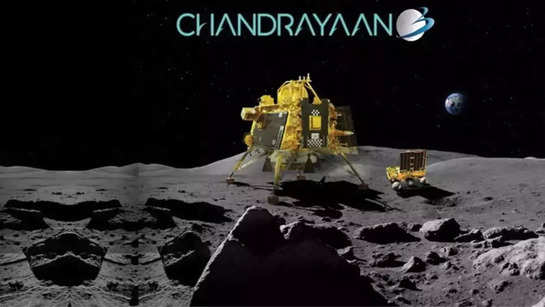[ad_1]
The harvest moon will make a striking appearance, with hues of red and orange. While this isn’t entirely unique, as we’ve already witnessed 13 supermoons this year, it’s still a breathtaking sight. Supermoons are full moons that occur when the moon is at its closest point to Earth, making it appear 14 per cent larger and 30 percent brighter than its smallest counterpart. After this, the next supermoon won’t be seen until August 2024.
But it’s not just scientists and astronomers who are captivated by this massive, orangish moon. People all around the world looked up to witness the first supermoon, known as the “Buck moon,” on July 3rd this year.
Why is it called the “harvest moon”?
This is the time when various crops from the summer season are ready to be harvested. The name isn’t merely for aesthetics; it symbolizes light. When farmers harvest their crops late at night, they rely on the moon’s light to guide them. Different cultures may have their own names for full moons, but in many parts of North America, the term “harvest moon” is reserved for the full moon closest to the onset of fall when crops are ripe for harvesting. Noah Petro, a scientist with the Lunar Reconnaissance Orbiter Project at NASA, explains, “It’s close to the full harvest,” alluding to the fall crop harvest.
Where and how you can witness the harvest moon?
As this phenomenon coincides with the “autumn equinox,” when the moon is closest to Earth, it will appear slightly larger and brighter, earning it the “supermoon” designation. This time around, the moon will rise from Thursday night (September 28, 2023) into Friday morning (September 29, 2023), reaching its fullest at 5:57 AM on Friday.
[ad_2]
Source link






Join The Discussion